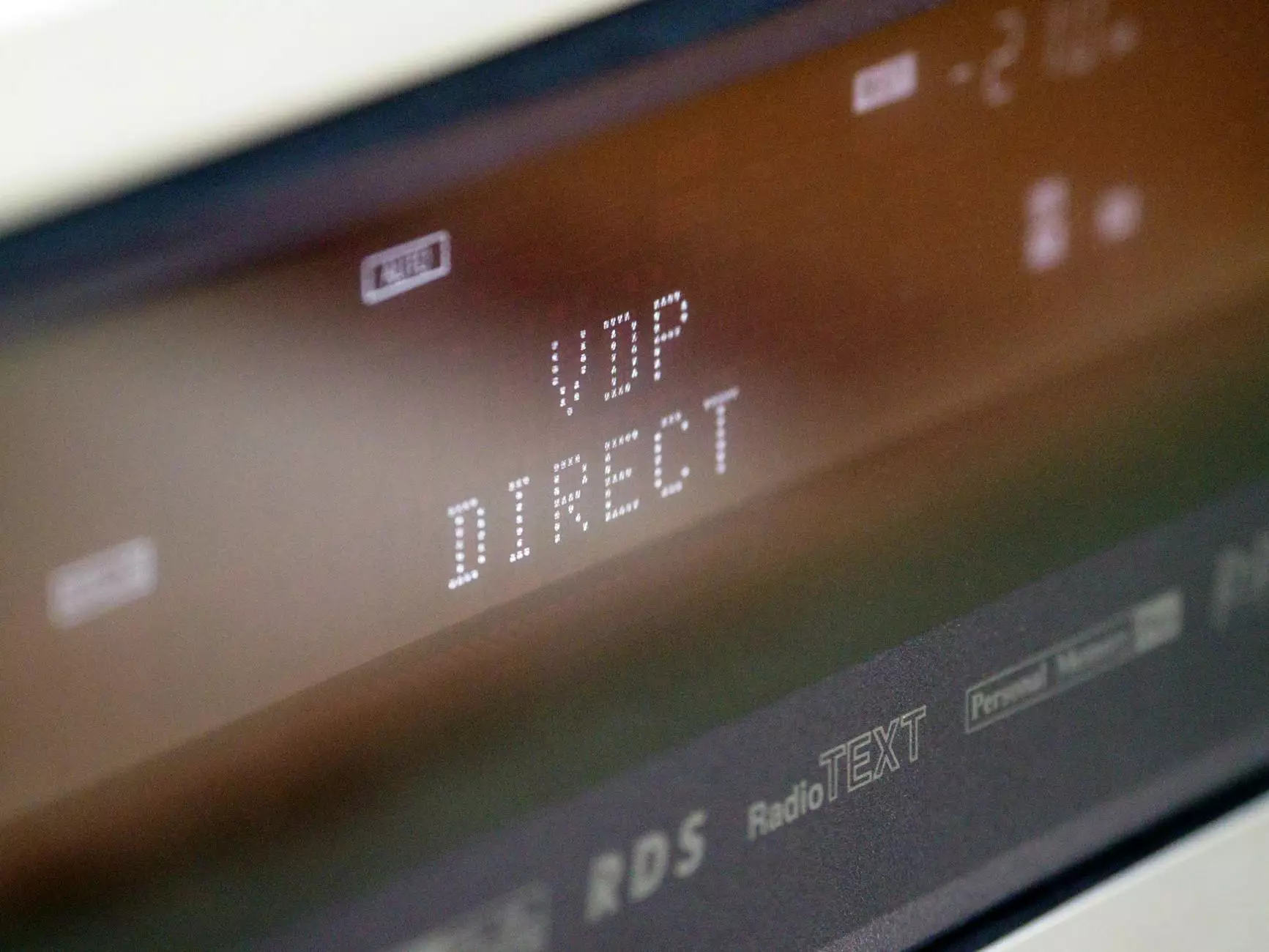Why Choose a Japanese Auto Parts Supplier for Your Vehicle Needs

In today's competitive automotive market, selecting the right Japanese auto parts supplier can make a significant difference in your vehicle's performance, reliability, and longevity. With a rich history of precision engineering and a dedication to quality, Japanese manufacturers have established themselves as leaders in the automotive industry. This article explores the numerous benefits of choosing a Japanese auto parts supplier and why doing so could be the best decision for both individual consumers and businesses.
The Legacy of Quality in Japanese Auto Parts
Japanese automotive parts manufacturing has a well-earned reputation for excellence, characterized by several key factors:
- Precision Engineering: Japanese manufacturers utilize advanced technology and rigorous quality control standards, ensuring that every component meets high-performance specifications.
- Durability: Parts produced in Japan are designed to withstand harsh conditions, providing reliability over extended periods.
- Innovative Designs: Continuous investment in research and development (R&D) allows Japanese auto parts suppliers to introduce cutting-edge technologies.
Benefits of Sourcing from a Japanese Auto Parts Supplier
1. Exceptional Quality Control
One of the standout features of a Japanese auto parts supplier is their rigorous quality control processes. Japanese manufacturing often follows the Kaizen methodology, a philosophy aimed at continuous improvement. This commitment results in:
- Consistent production of high-quality parts.
- Systematic identification and elimination of defects.
- Higher overall customer satisfaction.
2. Comprehensive Range of Products
Whether you're looking for engine components, suspension systems, or electronic parts, a reputable Japanese supplier offers a comprehensive range of products. The extensive catalog often includes:
- OEM (Original Equipment Manufacturer) parts that ensure compatibility with specific vehicle makes.
- Aftermarket solutions that provide cost-effective options without sacrificing quality.
- Specialty parts designed for high-performance vehicles, catering to enthusiasts.
3. Strong Supplier Relationships
A significant advantage of dealing with a Japanese auto parts supplier is their established relationships within the automotive industry. This network provides:
- Access to exclusive products and components.
- Timely updates on new releases and technological advancements.
- Better support and communication regarding order fulfillment and inventory management.
4. Competitive Pricing
While quality is paramount, pricing also plays a crucial role in the decision-making process. Many Japanese auto parts suppliers offer competitive pricing strategies that can be beneficial for both individual consumers and larger businesses. The benefits include:
- Direct import pricing, reducing middleman costs.
- Volume discounts for bulk purchases.
- Flexible payment terms that enhance cash flow management.
5. Environmentally Friendly Practices
Japanese auto parts manufacturers are increasingly adopting sustainable practices. Opting for these suppliers can mean:
- Using recycled materials in part production.
- Implementing energy-efficient manufacturing processes.
- Engagement in initiatives aimed at reducing environmental footprints.
How to Choose the Right Japanese Auto Parts Supplier
When searching for a reliable Japanese auto parts supplier, consider the following guidelines to ensure you select the best partner for your needs:
1. Research the Supplier’s Reputation
Investigate the supplier's history, customer reviews, and case studies. Reliable suppliers often have:
- Positive testimonials from previous customers.
- A proven track record of delivering high-quality parts.
- Certifications that validate their commitment to quality and service.
2. Evaluate Product Range and Availability
Make sure the supplier offers a wide array of components to meet your specific needs. A supplier with an extensive inventory can provide:
- Greater flexibility for future projects.
- Less downtime due to part unavailability.
- Improved pricing and cost management through bulk orders.
3. Assess Customer Support and Communication
Effective communication is essential in building a solid supplier relationship. Look for suppliers that offer:
- Responsive customer service to address inquiries and concerns.
- Dedicated support teams who understand your specific needs.
- Clear channels of communication throughout the supply chain.
4. Inspect Return and Warranty Policies
No matter how reputable a supplier is, there is always a chance for defects. Choose a supplier that offers:
- A comprehensive return policy that protects your investment.
- Warranties on parts to ensure quality assurance.
- Transparency regarding guarantees and return processes.
5. Compare Prices and Payment Terms
While you want quality, it's also essential to find a supplier that offers competitive pricing. Don't hesitate to:
- Request quotes from multiple suppliers.
- Negotiate payment terms that suit your financial situation.
- Consider long-term contracts for sustained relief on costs.
Common Myths About Japanese Auto Parts Suppliers
There are several misconceptions surrounding Japanese auto parts suppliers that may influence purchasing decisions. Let's debunk some of the most common myths:
Myth 1: Japanese Parts are Always More Expensive
While it is true that Japanese parts can sometimes carry a premium price, the overall value often justifies the cost due to:
- Longevity and durability.
- Consistency in performance and reduced chances of failure.
- Lower maintenance costs in the long run.
Myth 2: All OEM Parts are the Same
Not all OEM parts are created equal, as quality can differ among manufacturers. Choosing a reputable Japanese auto parts supplier ensures you are getting:
- Parts manufactured to the original specifications.
- Better fit and performance compared to inferior alternatives.
Myth 3: Aftermarket Parts are of Inferior Quality
Many Japanese auto parts suppliers offer high-quality aftermarket parts that can perform on par with OEM parts. Consider looking for suppliers that:
- Provide quality assurance and guarantees on aftermarket offerings.
- Have established reputations for excellent performance records.
Conclusion: Investing in Quality with a Japanese Auto Parts Supplier
In summary, partnering with a Japanese auto parts supplier not only assures you of high-quality products but also offers valuable relationships in the automotive industry. With a commitment to innovation, sustainability, and customer satisfaction, Japanese suppliers have proven themselves to be reliable sources for all automotive needs. As automotive technologies continue to evolve, having a trustworthy supplier like 1autoparts.com can help you stay ahead in the game.
Your vehicle deserves the best, and by choosing a Japanese auto parts supplier, you are ensuring that you provide it with the highest quality components, paving the way for better performance, safety, and longevity.







